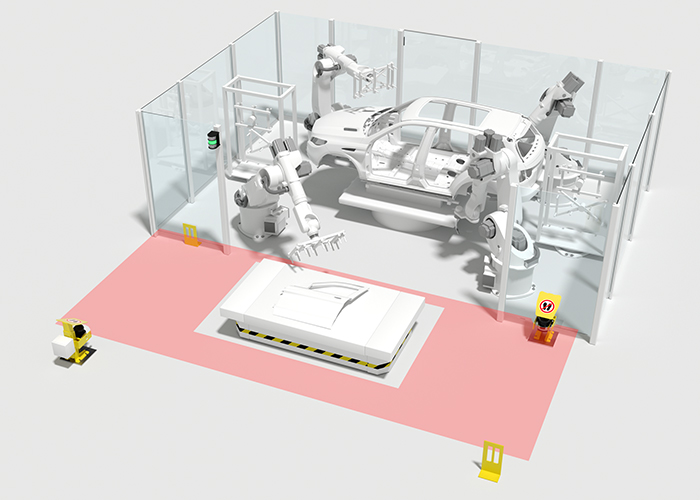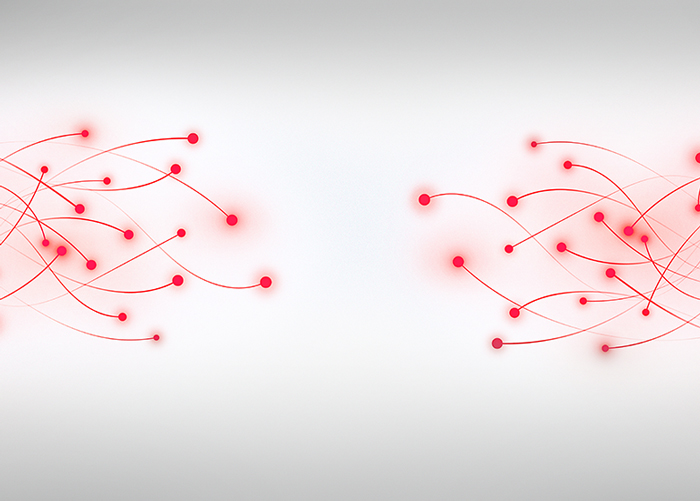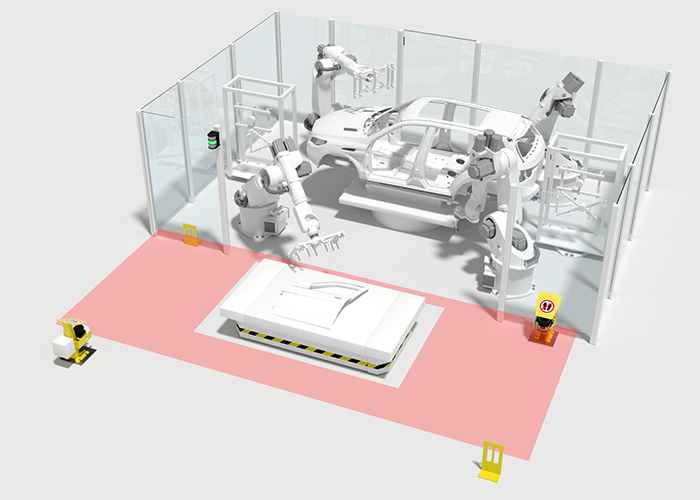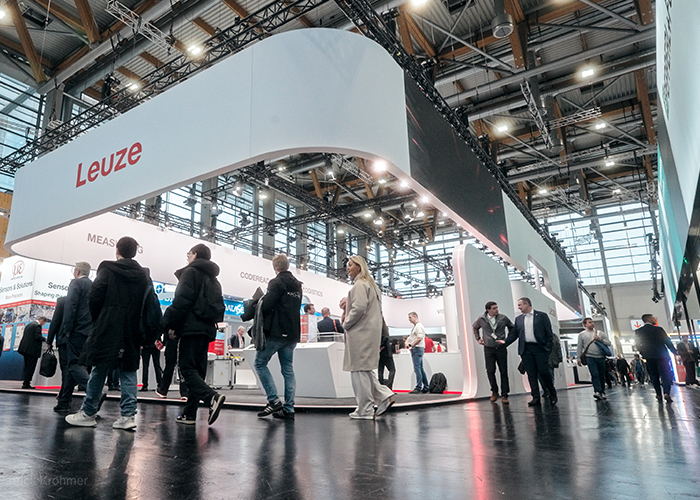
Leuze SenseBees
They may be our smallest team members, but they're extremely hard-working: Our Leuze SenseBees bee colonies.
As a family company rooted in the region, we believe it is our responsibility to protect the local ecosystem. And this also includes, among other things, our contribution to preserving the bee population and the biodiversity at our site.

Bees have existed on earth for over 100 million years. They play a crucial role in preserving the ecosystem. Thousands of fruit trees as well as vegetable crops and wild plants rely on bees and other pollinators. And the resulting fruit, vegetables and plants are in turn important sources of food for other insects and animals. A single bee colony can support the local biodiversity within a radius of up to five kilometers.
The green space that plays host to our bee colonies is part of the Leuze site. Apart from linden trees, a variety of fruit trees and other plants that are beneficial to bees also grow there. Our winged coworkers look after and nurture this habitat.

Our SenseBees are cared for by experienced beekeeper Edwin Votteler. The biologist takes good care of them and also makes sure that the next generation of Leuze SenseBees in spring get the best possible start in life.
Of course, our bee colonies also produce honey. And because the Leuze site has a large number of linden trees, we'll be able to call our first honey genuine "Owen Linden-Blossom Honey".

| Did you know... ... a bee lives only on pollen and nectar? ... a bee covers a distance of approx. 8000 km in its lifetime? ... the queen lays around 120,000 eggs between February and September? ... the transformation from larva to bee takes 21 days? ... a 500 gram jar of honey represents the life's work of 200 bees? |









